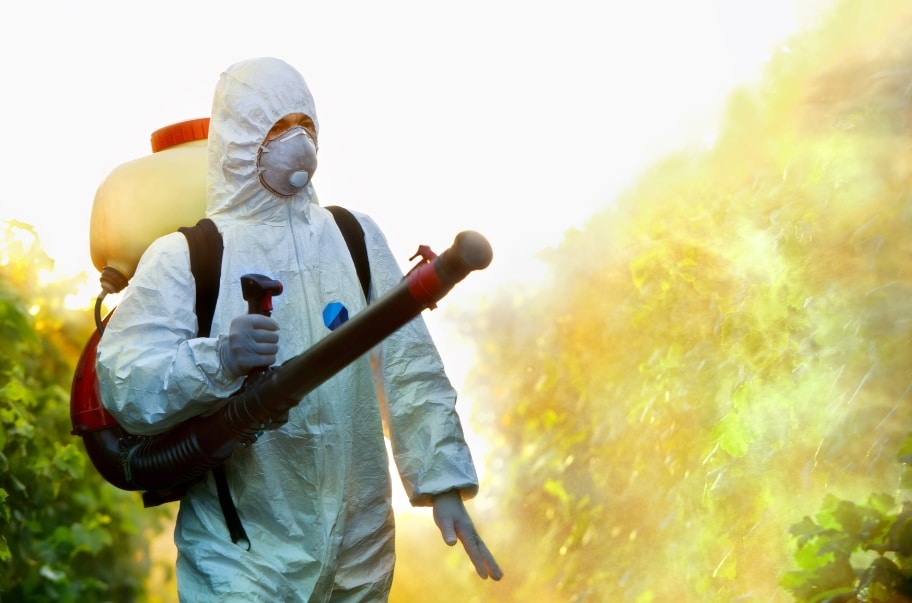Understanding the Regulations and Laws Related to Pest Control in Massachusetts
Pest control is a crucial aspect of maintaining public health and safety, as well as protecting property and crops. In Massachusetts, like many other states, various regulations and laws govern pest control practices to ensure the responsible and effective management of pests. Understanding these regulations is essential for businesses, homeowners, and pest control professionals to operate legally and responsibly while safeguarding the environment and human health. In this blog post, we will delve into the key regulations and laws related to pest control in Massachusetts, highlighting their importance and implications.
The Massachusetts Pesticide Control Act
The Massachusetts Pesticide Control Act serves as the backbone of pest management regulation in the state. Administered by the Massachusetts Department of Agricultural Resources (MDAR), this act outlines the rules and restrictions on pesticide use, distribution, and sale. It ensures that pesticides are applied responsibly and safely, minimizing the potential risks to humans, wildlife, and the environment.
Under this act, all pest control operators and commercial pesticide applicators must be licensed by the MDAR. This licensing process involves passing an exam that assesses their knowledge of integrated pest management (IPM) practices, pesticide regulations, and safe application techniques.
Integrated Pest Management (IPM)
Integrated Pest Management (IPM) is an essential approach that emphasizes prevention, monitoring, and control of pests with the least possible hazard to people, property, and the environment. Massachusetts strongly advocates for IPM as the primary method for managing pests. This approach involves the following steps:
- Identification: Properly identifying the pest and understanding its lifecycle is crucial for devising effective control strategies.
- Monitoring: Regular monitoring allows for early detection of pest infestations and helps assess the effectiveness of control measures.
- Prevention: IPM focuses on proactive measures, such as sealing entry points and implementing sanitation practices, to prevent pests from gaining access to buildings and crops.
- Non-Chemical Control: Mechanical and biological control methods are preferred over chemical treatments whenever possible to minimize environmental impact.
- Targeted Pesticide Use: When pesticide application is necessary, IPM promotes the use of the least toxic, targeted chemicals with minimal impact on non-target organisms.
Restrictions on Pesticide Use
In Massachusetts, the use of certain pesticides is strictly regulated to protect human health and the environment. The Pesticide Control Act prohibits the application of pesticides in a manner that may cause harm to individuals or drift onto neighboring properties. Additionally, specific areas, such as schools, playgrounds, and water bodies, have strict restrictions on pesticide use to prevent contamination and exposure.
Pesticide Record-Keeping and Reporting
Licensed pesticide applicators are required to maintain detailed records of pesticide use, including the type, amount, location, and date of application. These records are subject to inspection by state authorities to ensure compliance with regulations. Additionally, pesticide manufacturers and distributors must report sales data to the MDAR regularly, allowing for better monitoring of pesticide use and potential environmental impacts.
Pesticide Product Registration
Before any pesticide can be distributed, sold, or used in Massachusetts, it must be registered with the MDAR. This process involves rigorous evaluation to ensure the product’s efficacy and safety. Unregistered or illegal pesticides are subject to severe penalties.
Certification and Training
To maintain their licenses, pest control professionals must undergo continuing education and training on the latest pest control techniques, safety protocols, and regulatory updates. This ensures that practitioners remain informed about the best practices in pest management and stay compliant with evolving regulations.
Understanding the regulations and laws related to pest control in Massachusetts is of paramount importance for individuals and businesses involved in pest management. Complying with these regulations not only ensures legal operation but also safeguards human health, wildlife, and the environment. By embracing Integrated Pest Management (IPM) practices, we can strike a balance between effective pest control and responsible environmental stewardship. As the field of pest control continues to evolve, staying informed about the latest regulations and best practices is crucial for maintaining a safe and sustainable living environment in the state of Massachusetts.
Our reputation is what means the most to us.
We respect our customers and they love the results.
View More Reviews

